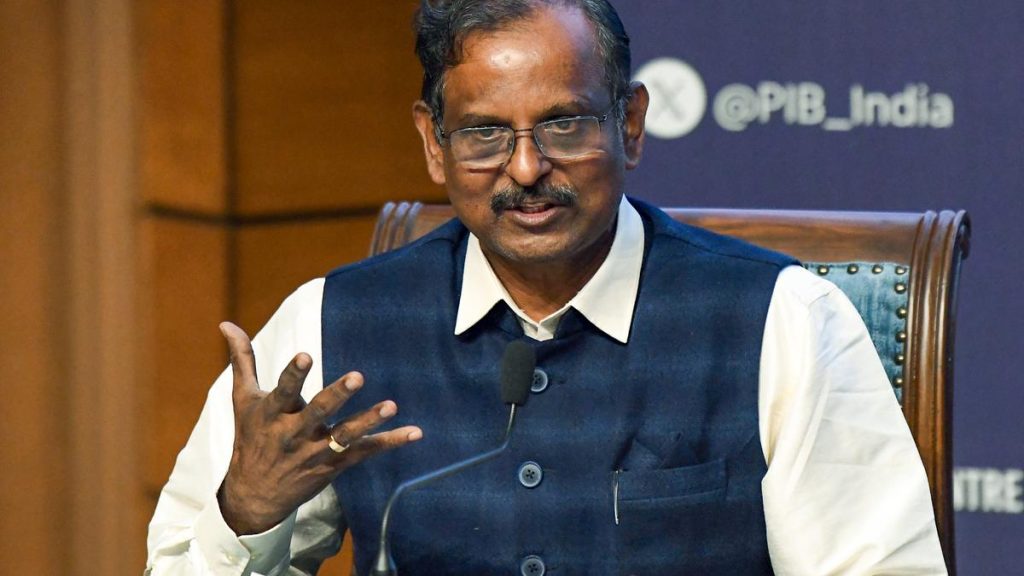Now Reading: CBFC Urges Name Change for Film ‘JSK’; Production Company Agrees
-
01
CBFC Urges Name Change for Film ‘JSK’; Production Company Agrees
CBFC Urges Name Change for Film ‘JSK’; Production Company Agrees

Quick Summary
- The Central board of Film Certification (CBFC) opposed granting a censor certificate for the movie JSK – Janaki vs State of Kerala due to controversial depictions.
- CBFC cited concerns over the film portraying a character named “Janaki” (another name for Goddess Sita) as both a rape survivor and subjected to aggressive cross-examination by a lawyer from another religion.
- The Board argued that such depiction could potentially hurt religious sentiments, cause public disorder, and set undesirable precedents for future films.
- CBFC emphasized that Article 19 (freedom of speech and expression) is not absolute and must respect reasonable restrictions aimed at maintaining communal harmony.
- After discussions, the production company agreed to change the character’s name from “janaki” to “Janaki V” (shortened from Janaki Vidyadharan).
- Additional compromises included muting or altering references to “Janaki” in specific scenes.CBFC pledged certification approval within three days once revisions are submitted.
- Justice N. Nagaresh postponed further legal proceedings on this matter until July 16 after watching the movie at Cosmos Entertainments’ request.
Read more: Source Link
Indian Opinion Analysis
The conflict surrounding JSK – Janaki Vs State of Kerala underscores how freedom of creative expression in India interacts with regulatory safeguards designed to prioritize communal sensitivities. Films dealing with religious symbolism frequently enough pose challenges when thay appear capable of offending specific communities or inciting public unrest.
Balancing artistic liberty with societal harmony remains an enduring issue in Indian cultural discourse. By approving changes such as character renaming while still permitting certification post-modification, CBFC sought middle ground-protecting religious sentiments without outright censorship.
Such cases serve as reminders for creators working within India’s complex socio-cultural context about proactively addressing potential controversies during production stages rather of post-release debates. How this resolution impacts broader creative freedoms could set precedents going forward both legally and artistically across industries engaging faith-based narratives.
Read more: Source Link
























